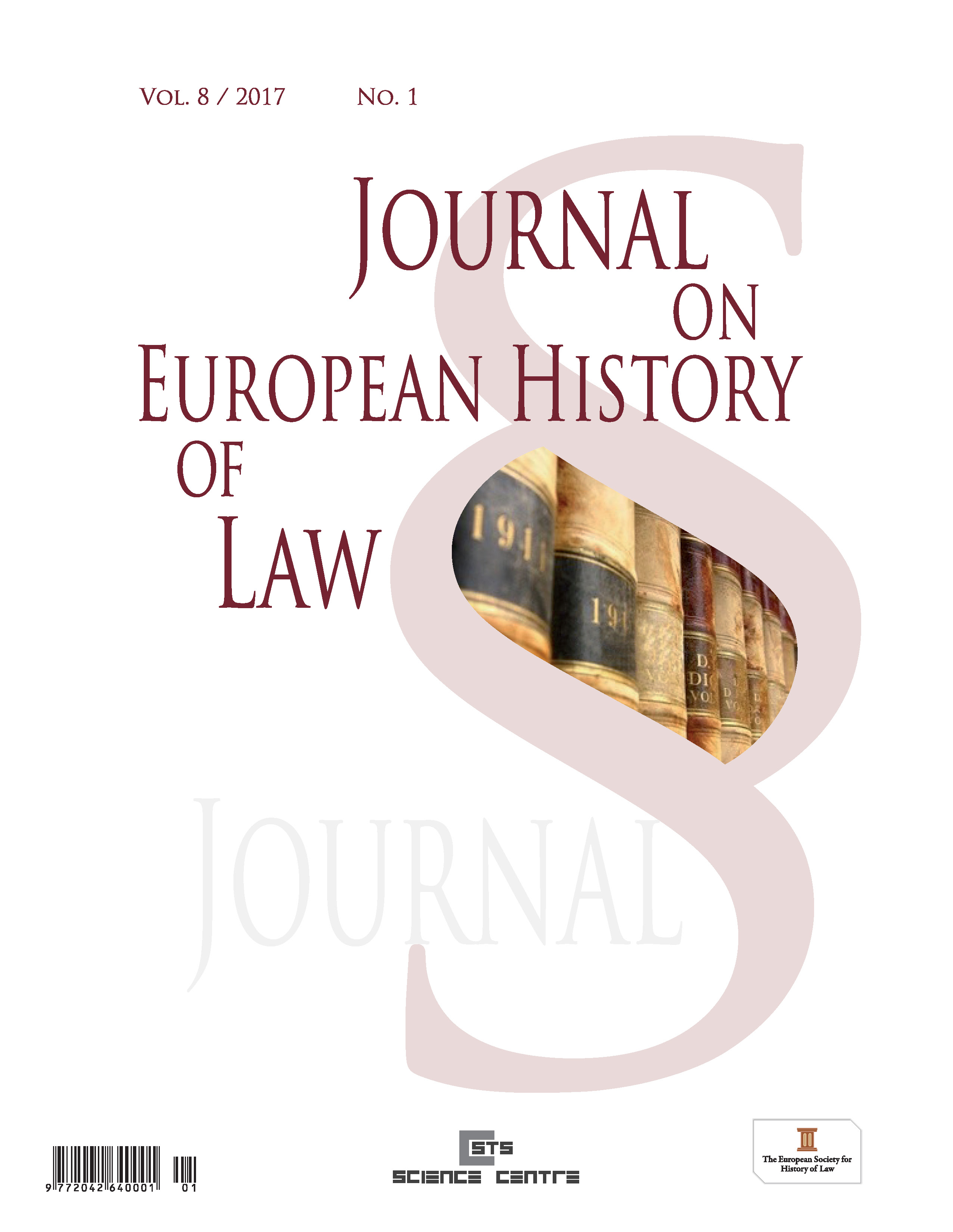Some Thoughts on the Inexistence, Invalidity and Ineffectiveness of Juridical Acts in Roman Law and in its Subsequent Fate
Some Thoughts on the Inexistence, Invalidity and Ineffectiveness of Juridical Acts in Roman Law and in its Subsequent Fate
Author(s): Ivan SiklósiSubject(s): History, Law, Constitution, Jurisprudence, History of Law
Published by: STS Science Centre Ltd
Keywords: Juridical act; inexistence; invalidity; ineffectiveness; punitive character of invalidity; terminological inconsistency and the great variety of Roman law sources concerning invalidity;
Summary/Abstract: Our study can be considered as a brief contribution to the well-disputed questions of the so-called inexistence, invalidity, and ineffectiveness of legal transactions in Roman law and in its subsequent fate.As a theoretical starting point, we emphasize that there are four levels of ability for producing legal effects: 1. inexistence (when a legal transaction is not able to produce any typical legal effect; 2. invalidity (when a legal transaction exists but it is not able to produce the intended legal effects); 3. ineffectiveness (when an existing and valid juridical act could produce the intended legal effects, but only potentially and not actually); 4. effectiveness (when an existing, valid, and effective legal transaction is actually producing the intended legal effects).After the Introduction, the problem of inexistence of legal transactions, some questions of the invalidity of legal transactions (e.g. terminological questions; elimination of the cause of invalidity; partial invalidity), and the problem of the ineffectiveness of legal transactions will be analysed. Finally, our most important conclusions will be summarized.
Journal: Journal on European History of Law
- Issue Year: 8/2017
- Issue No: 1
- Page Range: 90-97
- Page Count: 8
- Language: English
- Content File-PDF

